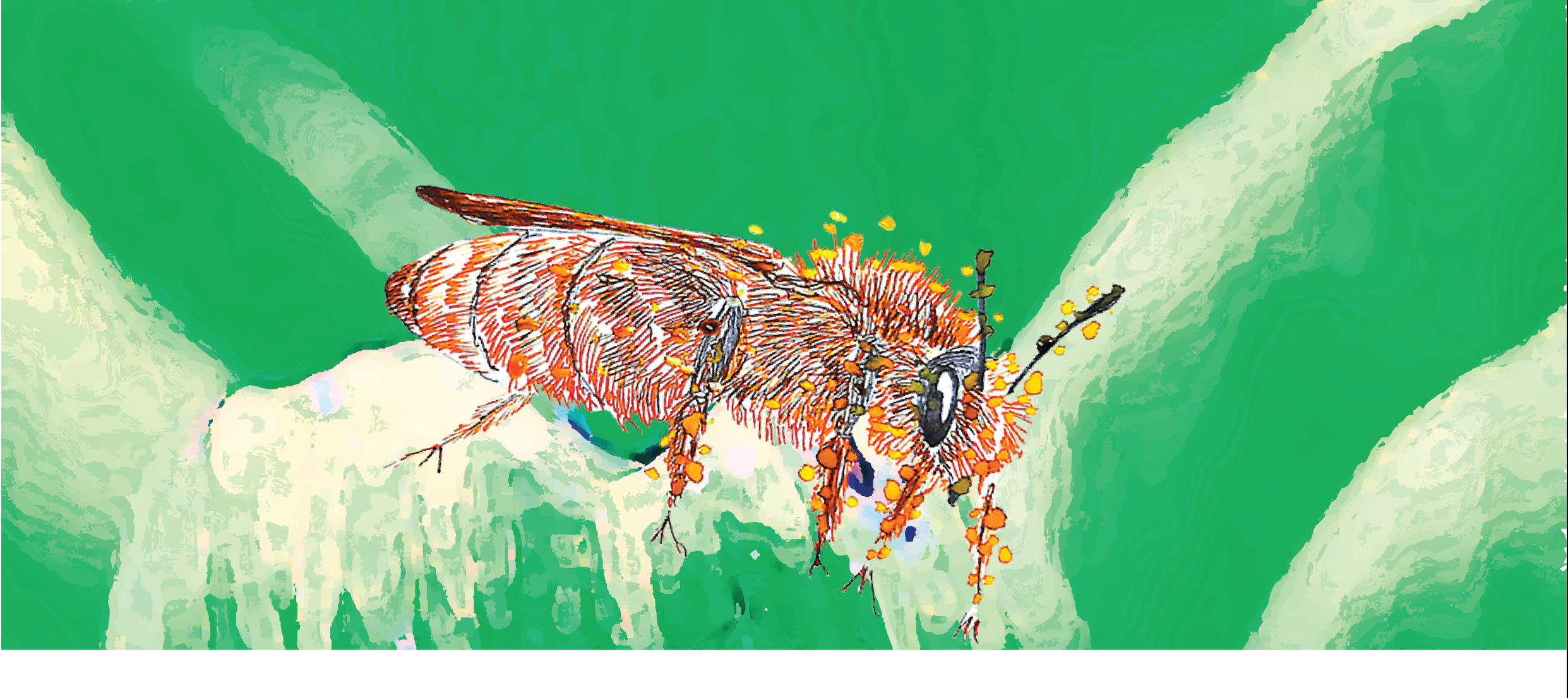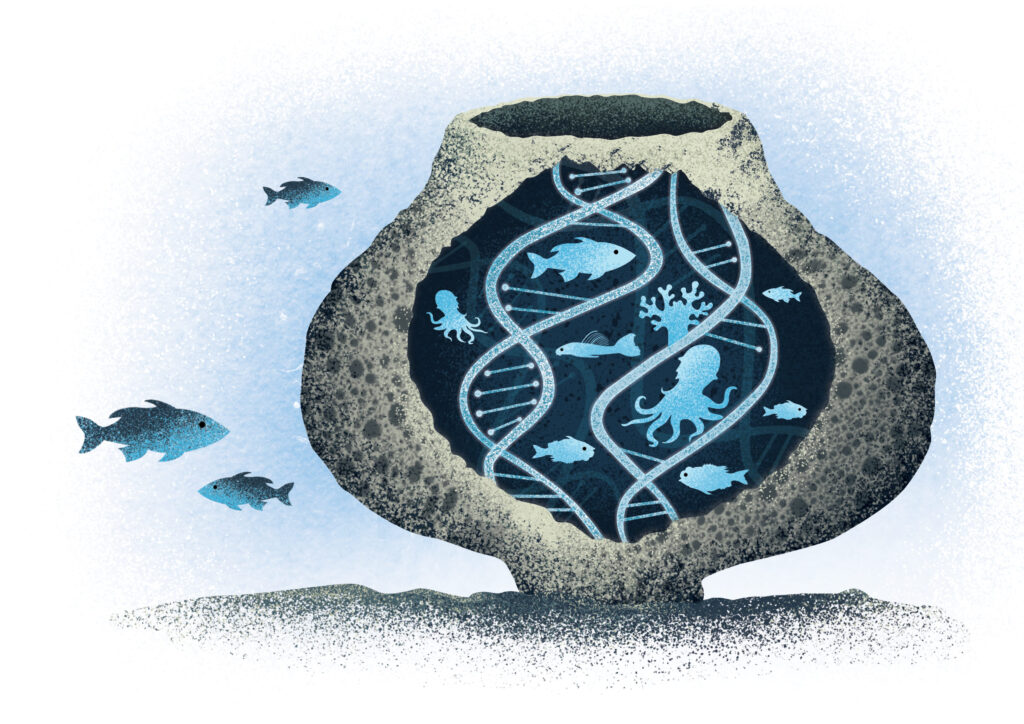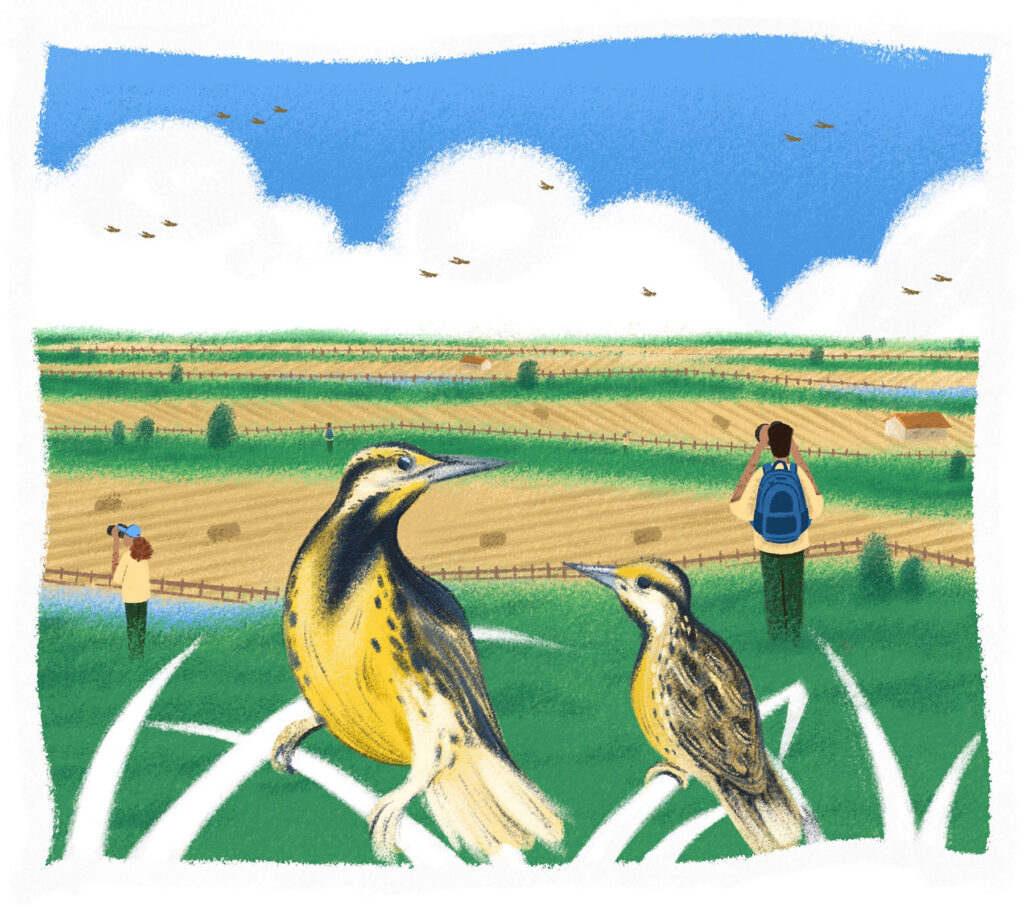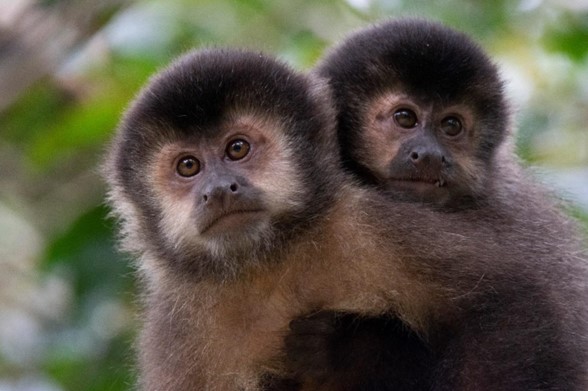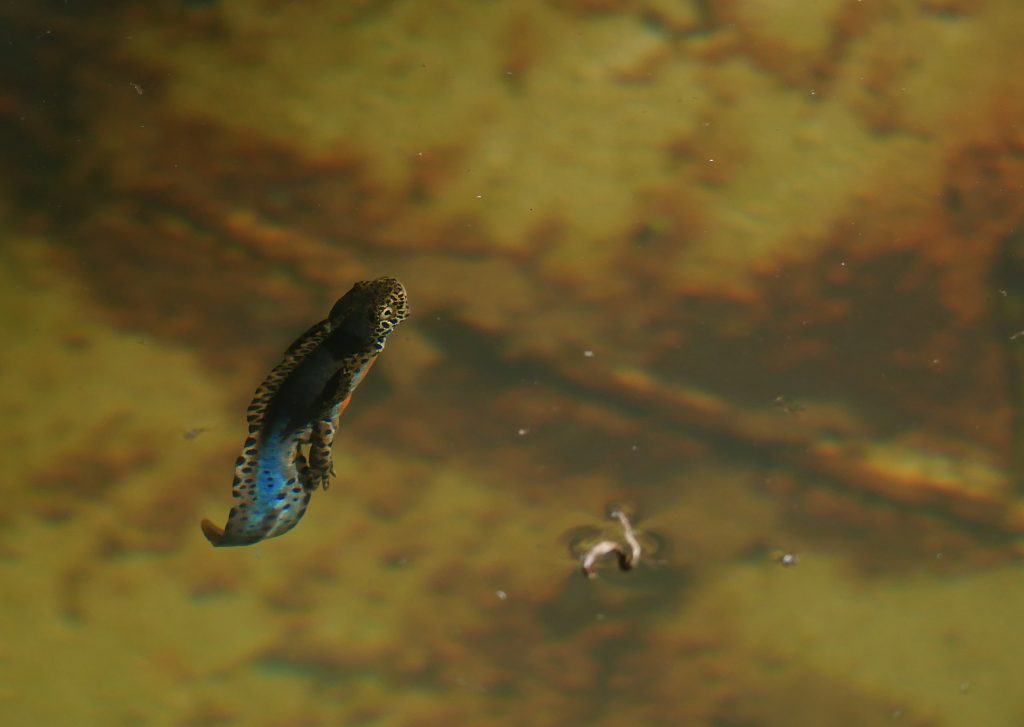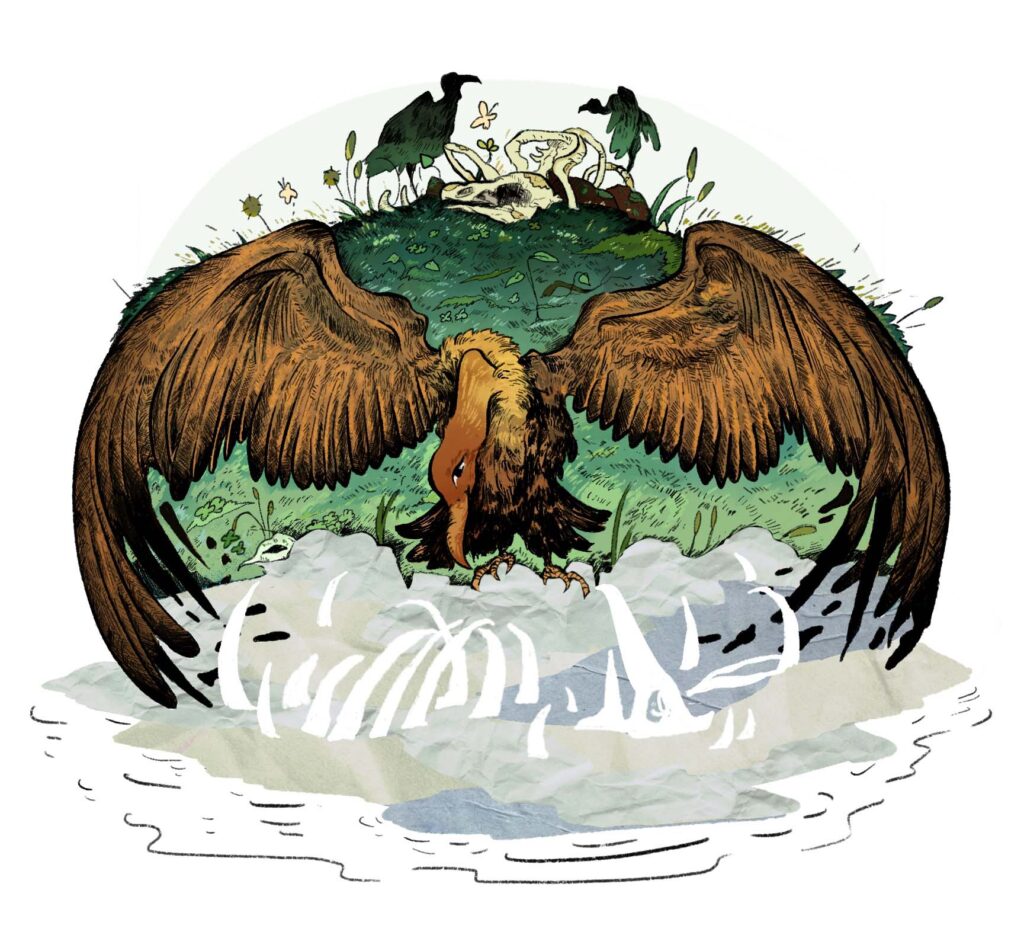It’s a commonly acknowledged fact that pollinators such as bees and butterflies are vital for food crops and ultimately, our health and well-being. But, pollinators are declining. As most conservation problems are created by humans, the solution to protecting pollinators lies in changing human behaviour. However, most behaviour change interventions for conservation often lack grounding in psychology.
In an article in Conservation Biology, Marselle et al (2020) examined EU national policies for pollinator conservation, and showed that these policies overly rely on behaviour change interventions that are known to be ineffective, and under use interventions known to be effective for changing human behaviour. This may impair the effectiveness of the policies and our ability to conserve pollinators.

Researchers found that the most frequent behaviour change intervention for pollinator conservation was
a) education (23 percent; providing information to increase knowledge or
understanding). However, education is not very effective at changing people’s conservation behaviour, as information in itself does not always guarantee action. This is because behaviour is also influenced by other factors, such as social pressure, physical opportunity, or motivation to do a behaviour.
The least frequent interventions found in the pollinator conservation actions were
b) modelling (4 percent; providing an example for people to imitate, like a role model),
c) incentivization (3 percent; creating an expectation of reward), or restriction (2 percent; using rules to reduce opportunity to engage in the favourable behaviour or the behaviour that is being targeted to achieve), and
d) coercion— designing interventions to create an expectation of punishment or increased cost to discourage behaviour – was not mentioned in any of the pollinator policies.
However, these three types of interventions have been found to be highly effective for changing people’s conservation behaviour.
Importantly, 41 percent of all pollinator conservation actions failed to identify who needed to change their behaviour! This lack of detail is likely to weaken the actionability of behaviour change interventions.
This study points to the importance of considering psychology when designing conservation policies in order to be more effective—otherwise, we will continue to lose our bees and butterflies.
